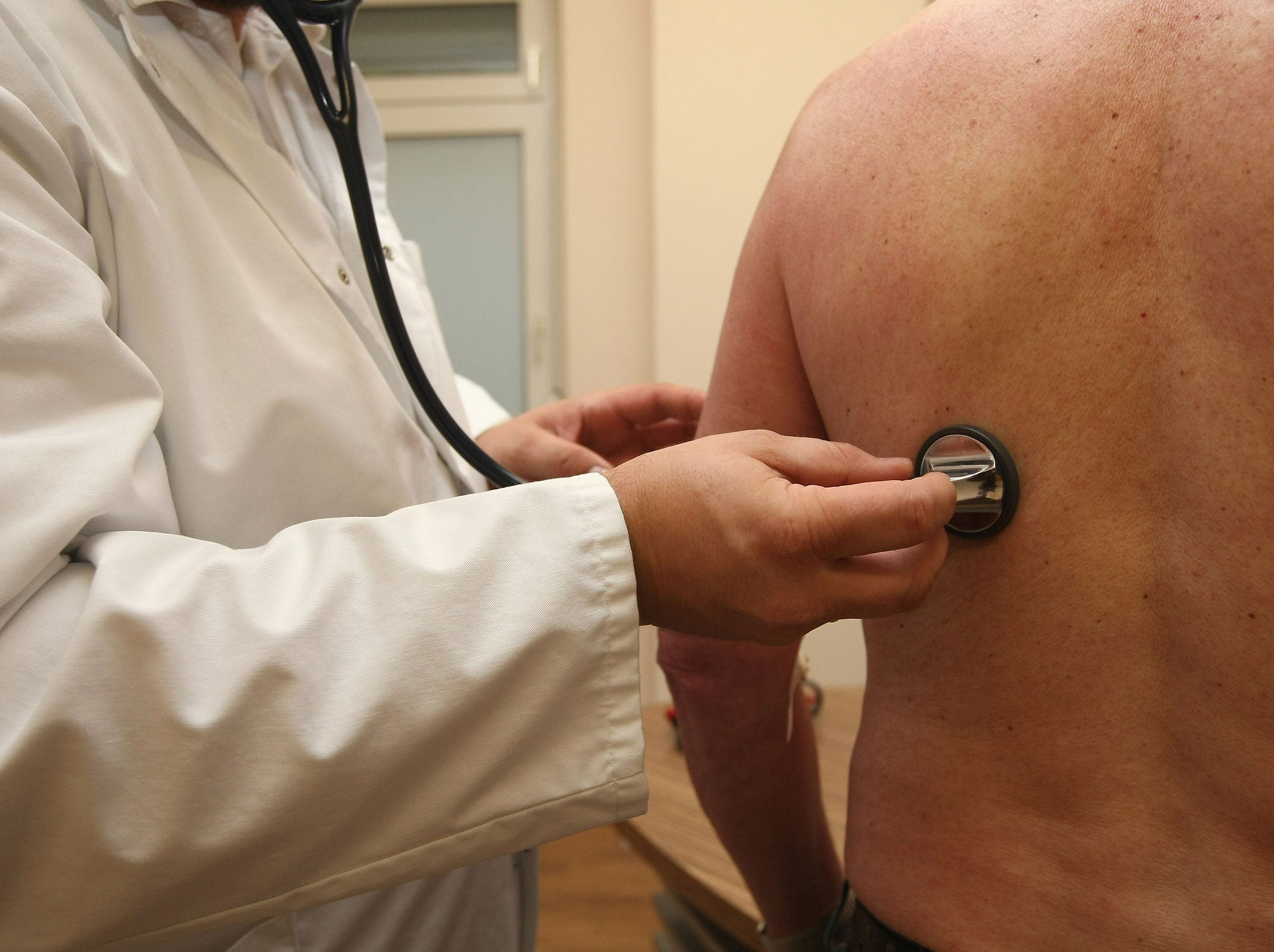NHS receives 3,000 complaints every week - with nearly half against medical professionals
NHS Confederation said it was important to keep the number of complaints in perspective

Your support helps us to tell the story
From reproductive rights to climate change to Big Tech, The Independent is on the ground when the story is developing. Whether it's investigating the financials of Elon Musk's pro-Trump PAC or producing our latest documentary, 'The A Word', which shines a light on the American women fighting for reproductive rights, we know how important it is to parse out the facts from the messaging.
At such a critical moment in US history, we need reporters on the ground. Your donation allows us to keep sending journalists to speak to both sides of the story.
The Independent is trusted by Americans across the entire political spectrum. And unlike many other quality news outlets, we choose not to lock Americans out of our reporting and analysis with paywalls. We believe quality journalism should be available to everyone, paid for by those who can afford it.
Your support makes all the difference.The NHS in England received 162,000 written complaints over the past year, the equivalent of more than 3,000 letters and emails per week.
New figures from the Health and Social Care Information Centre (HSCIC) showed a very slight decrease in the number of complaints since last year, with the majority made against hospitals and community health services. Doctors and surgeons attracted a disproportionate number of complaints - far more than nurses, who represent a much larger proportion of the NHS workforce.
In hospitals and community health services, 47 per cent of complaints were against "the medical profession", including doctors and surgeons, and 22 per cent against nurses, midwifes and health visitors. For family health services, more than half of complaints concerned medical treatment, while just over a quarter related to GPs' reception and administration staff.
However, the NHS Confederation, which represents all organisations within the health service, said it was important to keep the number of complaints in perspective.
"The NHS performs hundreds of millions of procedures each year, and only a very small number of these ever give cause for a complaint," said Matt Tee, the NHS Confederation's chief operating officer. "We should also keep in mind that the volume of complaints does not necessarily indicate an organisation's quality. A high number of complaints can reflect an organisation's willingness to listen to negative feedback, and to learn how to make things better."
The NHS treats around one million people every 36 hours.
Today also saw the release of the second tranche of data from the NHS Friends and Family survey - a Government-led initiative whereby patients are asked whether they would recommend the ward where they were treated to friends or family.
Once again response rates were low, with just 16 per cent of patients filling in the survey.
Barking, Havering and Redbridge University Hospitals Trust was the worst-performing trust for in-patient services, from a response rate of 49 per cent of patients. Barnet and Chase Farm Hospitals Trust scored lowest for A&E services - but only six per cent of patients at the trust completed the survey.
A Department of Health spokesperson said: "Every complaint holds valuable information on how patients feel about their care - complaints can be the earliest symptom of a problem within an organisation and the NHS should use them to learn from and improve their service."
Join our commenting forum
Join thought-provoking conversations, follow other Independent readers and see their replies
Comments